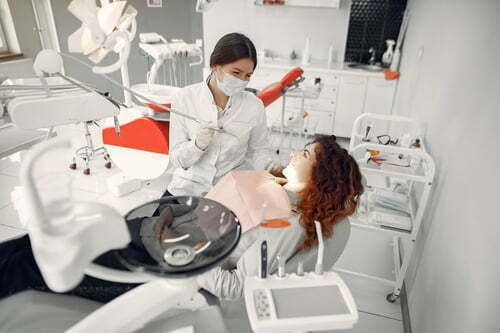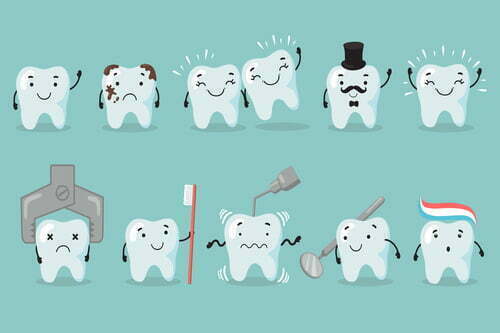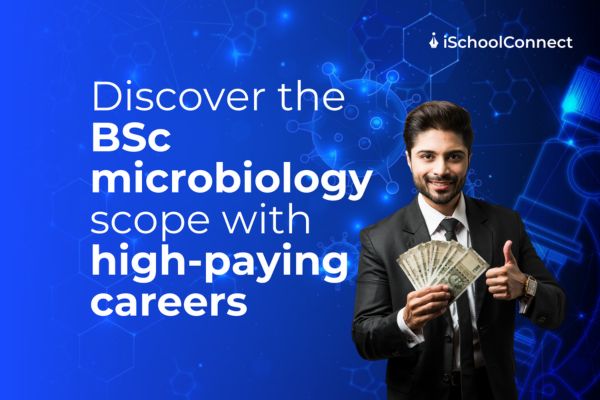Table of Contents
We know that a child has milk teeth, but as he turns into an adult, he has a set of 32 permanent teeth. Milk teeth, once damaged, are less lost as they are going to be replaced by a set of permanent teeth. But if the permanent teeth are damaged, they need to be treated to avoid a total loss. In order to avoid this, we need a licensed person who practices the diagnosis and the prevention of the diseases of teeth. He is also skilled in making and inserting artificial teeth in place of damaged ones, known as a dentist.
Professional practicing dentistry
A dentist is someone who is knowledgeable and educated in dentistry. They are qualified to cure and treat diseases related to teeth and gums. In addition, they extract the affected tooth and replace or insert it with a new and artificial one. Therefore, they are capable of treating and repairing damaged teeth.
Moreover, a dental surgeon has a supporting team comprising dental technicians, dental hygienists, and dental assistants.
Duty of a dentist

- A licensed dentist with general practices focuses on dental treatments like making crowns/bridges and dentures (prosthodontic) and dental restoration.
- A dentist can make braces (orthodontics), root canal therapy (endodontic), and gum therapy (periodontal)
- They can also perform oral surgery, i.e., extraction of teeth. He can even perform examinations, take radiographs (x-rays), and make diagnoses.
- In addition, oral surgery procedures like dental implants can also be performed.
- Medicines like antibiotics, fluorides, pain killers, local anesthetics, and sedatives/hypnotics can be prescribed by the dentist if the need arises. He can also prescribe medications needed for treatment for any issues that arise in the head and neck.
- D.D.S. and D.M.D. degree holders can legally do complex procedures like bone grafting, sinus lifts, and gingival grafts.
- Oral and maxillofacial surgery procedures can be done with a post-doctorate degree.
Skills required
Becoming successful in dentistry requires soft skills along with hard skills. Hard skills are the ones that are acquired through education and proper training. It also includes the proper and efficient use of the tools and techniques. At the same time, soft skills include personal traits and characteristics that will help you work with cooperation and coordination.
Hard skills-

- Technical know-how
The work of a dentist is not limited to the table. He is a surgeon, so he needs to work with different tools and machines. The dentist must handle and use the tools in the best possible manner. He also needs to know how to see and understand the X-rays. He even needs to know how to use computers to maintain the database of the patients.
- Keep pace with education and new learning
One needs to keep on upgrading oneself with new technology. He should be ready to take up new learning as and when required. It will help in enhancing the care for the patients. One needs to be dedicated to society, so it is of utmost importance to keep on grooming yourself with new advancements in dentistry.
- Analysis and exploration
This is the art of going deep inside and thinking and analyzing the problem to get the best optimum solution. Even if there are situations that seem to be uncomfortable and unfavorable, the ability to be disciplined and motivated to find out the best way to resolve them is required. A dentist needs to be understanding and dedicated to helping in improving oral health.
Soft skills-
- Humility
A good dentist needs to have good judgment. One should accept that he is not the master of everything, and there are times when proper decisions are not made. But they can learn from their mistakes.
- Interpersonal communication
Dentists need to work with people, so they should have good communication skills and should be able to develop good interpersonal relationships. As they have to work with their support team and with the other staff members in the clinic, it is important to have good communication skills and develop good relationships with them.
Other skills that are also required are-
- Good leadership quality- Being able to organize and establish clear and set goals as well as focus and provide quality to the patients.
- Being professional is equally important- You must have qualities such as reliability, honesty, competence, and being empathetic.
- Being compassionate and understanding
Educational qualification:

A dentist needs to get a license to practice dentistry. A degree of Bachelor of Dental Surgery (B.D.S) and or Doctor of Medicine in Dentistry (D.M.D.D.M.D.) or a Doctor of Dental Surgery (D.D.S.D.D.S.). These will help them know about periodontics, radiology, anatomy, and aesthetics.
Subjects
| 1st year BDS | 1. General human anatomy, including embryology and histology 2. General human physiology and biochemistry, nutrition, and dietetics 3. Dental anatomy, embryology, and oral histology 4. Dental materials 5. Preclinical prosthodontics and crown and bridge |
| 2nd year BDS | 1. General pathology and microbiology 2. General and dental pharmacology and therapeutics 3. Preclinical conservative dentistry 4. Preclinical prosthodontics and crown and bridge 5. Oral pathology and oral microbiology |
| 3rd year BDS | 1. General medicine 2. General surgery 3. Oral pathology and oral microbiology 4. Conservative dentistry and endodontics 5. Oral and maxillofacial surgery 6. Oral medicine and radiology 7. Orthodontics and dentofacial orthopedics 8. Pediatric and preventive dentistry |
| 4th year BDS | 1. Orthodontics and dentofacial orthopedics 2. Oral medicine and radiology 3. Paediatric dentistry 4. Periodontology 5. Oral and maxillofacial surgery 6. Prosthodontics and crown and bridge 7. Conservative dentistry and endodontics 8. Public health dentistry |
Key takeaways
- Many new fields have come up in the market. But the medical profession never fades away as it is not a means to earn money but a way to connect to society and give back to it with full dedication.
- The profession can be challenging, but that’s the fun. Isn’t it?
- One is not fortunate enough to get the chance to get a perfect job and the job that will truly be satisfying.
- But one must always find something better and things that make you happy in your job.
- Apart from it is serving the patients and giving them a reason to smile back.
We hope you enjoyed reading this blog. In case of any queries, reach out to us or drop a comment below!
Liked this blog? Read next: Top universities to study medicine
FAQs
Q1. Can I start an NGO as a dentist?
Answer- Yes, you can start an NGO after becoming a dentist. If you pursue Masters in Public Health Dentistry, you shall gain immense knowledge about the same.
Q2. Which branch of dentistry deals with extraoral prosthesis?
Answer- Maxillo-facial surgery is a branch that deals with extraoral prosthesis.
Q3. Is there any non-clinical branch in dentistry after BDS?
Answer- Yes, Masters in Oral Pathology is a non-clinical branch.







